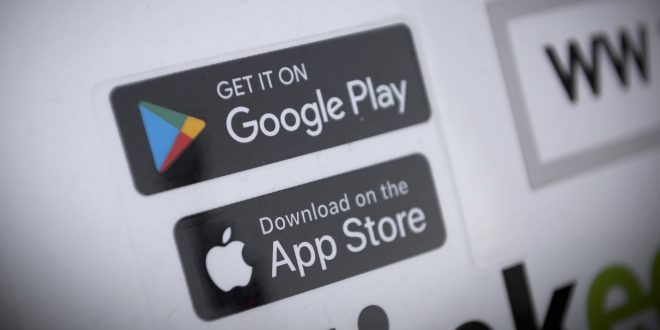The current debate in the tech community is over ChatGPT. Users and developers have expressed interest in OpenAI’s chatbot that provides natural language responses to questions. Some developers are attempting to capitalize on the trend by creating dubious apps that are available on both the App Store and the Play Store with the goal of collecting money through pro editions or additional credits to receive more responses from AI.
It’s crucial to keep in mind that anyone can use ChatGPT for free on the web, and OpenAI hasn’t produced an official mobile app. There are several programs that utilize GPT-3, however there is no official ChatGPT API.
An software called “ChatGPT Chat GPT AI With GPT-3” has managed to top charts in the productivity category in a number of nations, as observed by Macrumors.
The software is free, but you can purchase weekly ($7.99) and monthly ($49.99) packs to communicate with the AI bot endlessly. According to some app reviews, the subscription adds no value and the app seems to be a scam. I was unable to progress past the loading screen, thus I am unable to determine whether the program yields any noticeable effects.
It should be noted that the developer previously had a comparable app on the Play Store with over 100,000 downloads (archived link), but it has since been taken down.
Austen Allred, the CEO of edtech startup Bloomtech, tweeted over the weekend that there are many apps in the App Store that attempt to charge users for using ChatGPT but have no connection to OpenAI.
The iOS App Store is full of folks putting ChatGPT into a paid wrapper with ambiguous language that would let you believe you’re paying for ChatGPT pic.twitter.com/3w0rK14E5I
— Austen Allred (@Austen) January 7, 2023
Thousands of shady ChatGPT apps have been downloaded from the Google Play Store, although they lack any useful functionality.
Meanwhile on Google Play…fake chatGPT 1star app with >100k downloads. pic.twitter.com/5fj5SEITwp
— nisten (@nisten) January 6, 2023
The strategy behind these apps is to include ChatGPT in the app name and boost their own ratings to gain visibility in search results. Additionally, some people are creating numerous apps with similar names in the hopes that one of them would attract consumers’ attention.
It is unclear whether Apple and Google are actively addressing these apps. We have contacted the businesses for comment, and if we hear back, we’ll update the story.
Cloning websites or other well-known apps by app developers is not a recent development. In the past, Wordle, Threes, and Flappy Bird clones were abundant in both the Apple and Google app stores. The issue is whether or not these platform censors respond to them quickly and strictly.
 Tech Gadget Central Latest Tech News and Reviews
Tech Gadget Central Latest Tech News and Reviews




